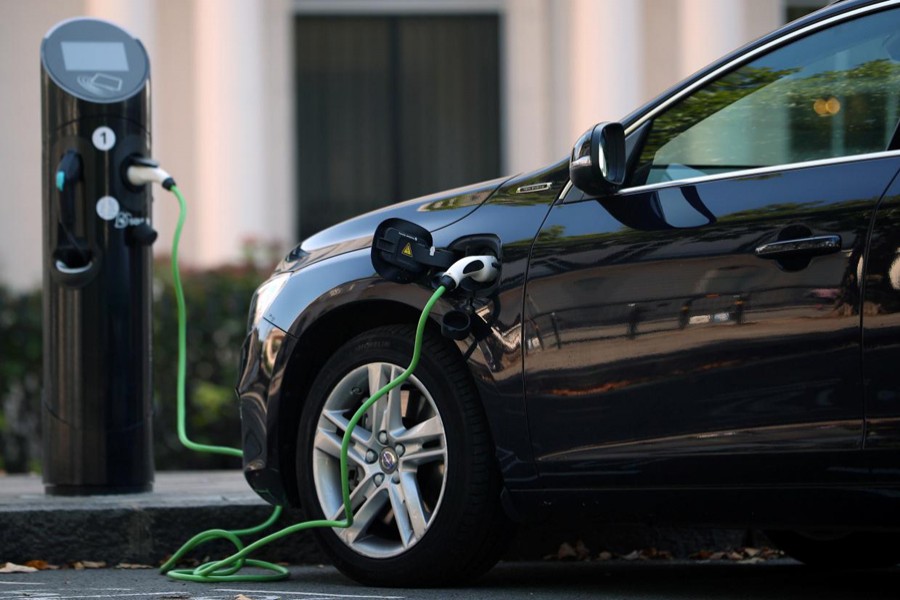Britain will cut the incentives available to those buying plug-in hybrid vehicles as it focuses on pure electric models, sparking anger from an industry trade body as carmakers already face declining sales in Europe’s second-biggest autos market.
Buyers of vehicles which emit less than 50 grams/km of CO2 and have a zero-emission range of at least 70 miles will see the grant they are eligible for reduced by 22 per cent to 3,500 pounds ($4,630).
Those purchasing cars emitting up to 75 grams/km of CO2 but with a lower zero-emission range will no longer be eligible for such support under plans due to come into force next month.
“With plug-in hybrid models like the Mitsubishi Outlander becoming popular among consumers the government is focusing its attention to zero emission models such as the Nissan Leaf and BMW i3,” the government said in a statement.
Hybrid vehicles have both a combustion and electric engine.
The announcement comes just over two weeks before finance minister Philip Hammond is due to make his annual budget statement.
Sales of alternative-fuel vehicles, which include different types of environmentally-friendly cars, are the fastest growing part of the market, rising 22 per cent so far this year, according to data from the Society of Motor Manufacturers and Traders (SMMT).
However, the overall market is down 7.5 per cent so far this year hit by a clampdown on diesel and more stringent emissions tests, reports Reuters.
“Prematurely removing upfront purchase grants can have a devastating impact on demand – without world-class incentives, government’s world-class ambitions will not be delivered,” said SMMT Chief Executive Mike Hawes.


